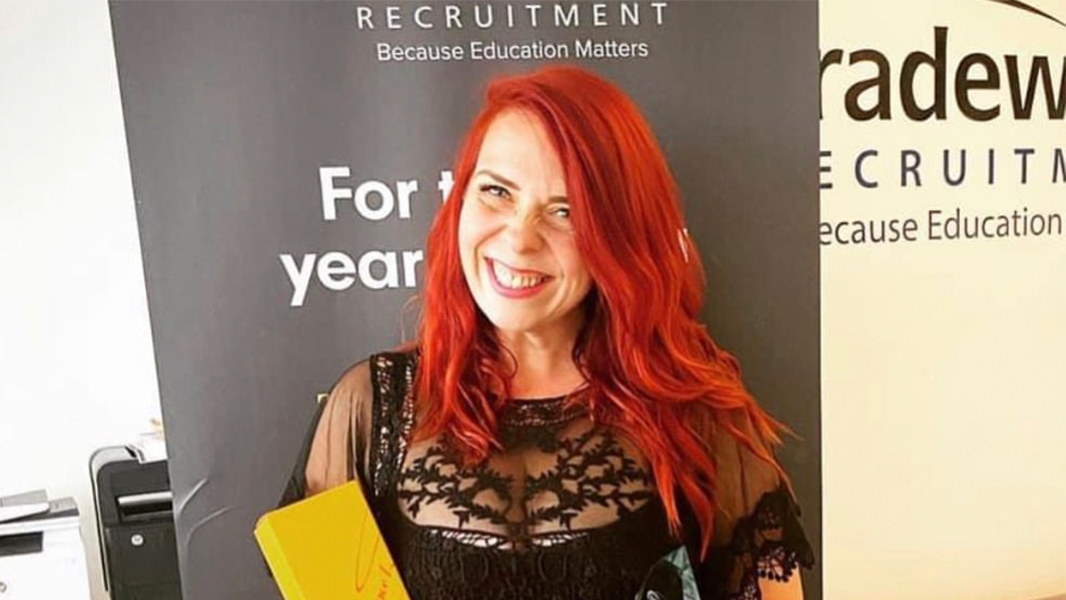
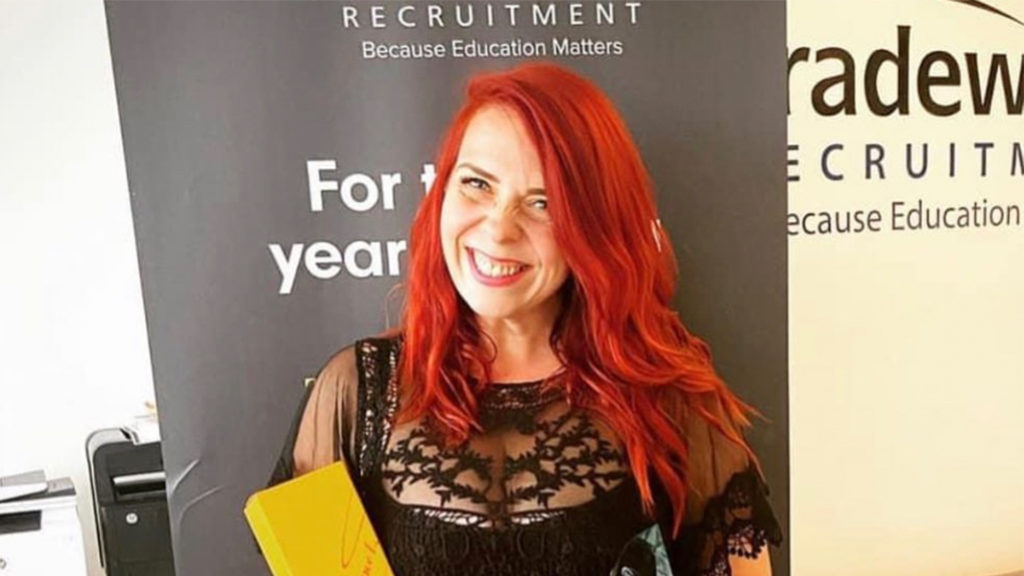
Being a COA in the workplace
On the face of it, I looked like the perfect employee…..
I worked hard.
I worked late.
I hit my targets.
I smiled and nodded.
I emotionally supported my colleagues and managers.
I made the companies a great deal of money.
I threw myself into CPD.
I lived and breathed the values.
The thing is, underneath it all, I was drowning.
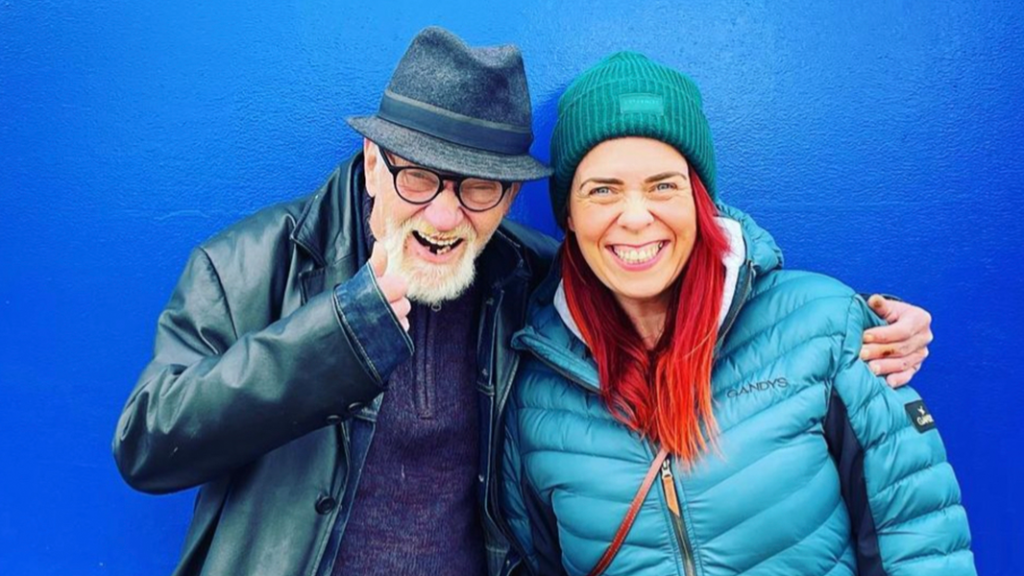
Drowning in shame
Being the child of an addict can lead to hypervigilance, overworking, overgiving, people-pleasing, hyper-responsibility, hyper-independence, high sensitivity, emotional eruptions, perfectionism and burnout in the workplace.
Rewind to my first ever job post-university. I was a budding recruitment consultant supporting local commercial businesses to find their top talent.
Behind the scenes, my Dad was battling serious alcohol addiction. His favourite boozer was the pub directly opposite my office, and my stomach still clenches as I remember the sound of reception ringing me….. “Sorry Jess, your Dad is in reception again”. My heart raced, my stomach sank and my palms were drenched with sweat. “Oh god, not again, please no”.
I was mortified. I was drowning in shame.
‘Why does he keep doing this to me? Does he not understand how embarrassing it is?’
A sinking feeling in my whole body as I see he has soiled himself and escort him home.
The reality was, the family secret was being exposed.
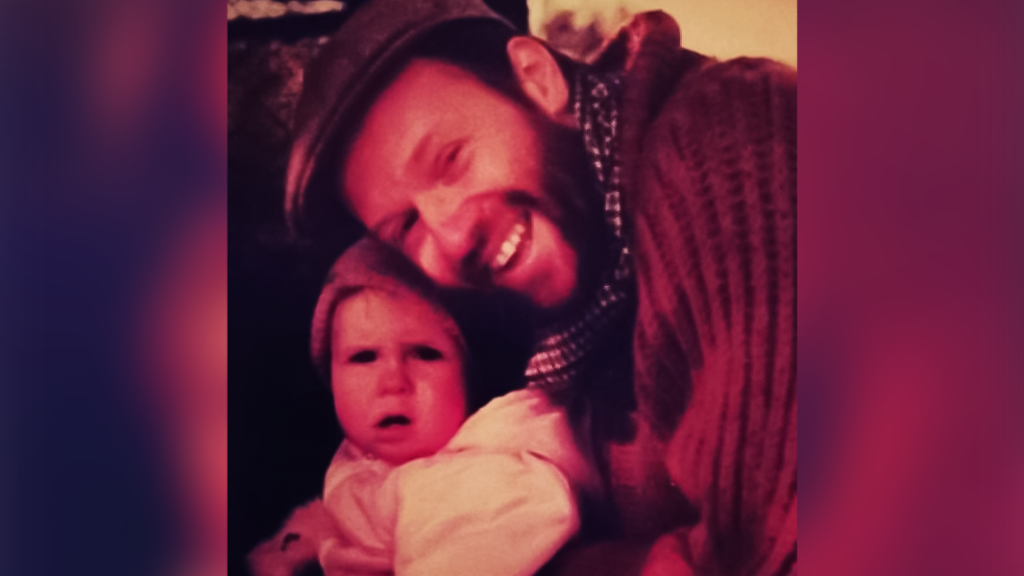
Alcohol and family life
Alcohol has always played a huge part in my family’s life. It’s been the trusty companion through it all for both my parents – the good, the bad and the mediocre.
To be honest, for a period of my privileged childhood, my family’s drinking habits were exactly the same as what I witnessed across village life. The pub was a second home and our playground as the parents co-parented. The regular drunken dinner parties, where I vividly picture my Dad slumped over his meal asleep with the guests pointing and giggling…. “typical Martin….”.
I was allowed to experiment with alcohol from a young age, and it soon became part of my teenage culture. Sparking my own complicated relationship with alcohol and my recent sober curiosity.
Alcohol and work
Over the years, as I progressed in my recruitment agency career, alcohol and emotional avoidance continued to play a huge part in my life.
I thrived in the whole ‘work hard, play hard scene’ and my traumatised nervous system kicked me into drive. I pushed my mind and body to the limits to hit my targets, whilst regularly numbing the emotional rollercoaster and black dog chasing my heels.
I would smile my way through the day, provide impeccable customer service and then head home to numb out with a few glasses of wine and reality TV. I was the master escaper.
Love and resentment
Meanwhile, I continued to care for my Dad in the background who was deteriorating fast and was moved into a halfway house to have part-time care support.
I can still feel the duality of my emotional experience. I had a lot of compassion and love for my Dad, a deeply feeling, sensitive and creative man. He was always incredibly curious about his purpose on this earth and was desperate to find meaning in everything. As a child, I found him somewhat vacant and distracted, but my adult Self can resonate deeply with his spiritual and sensitive side.
The thing was, my Dad was battling a deep disconnection with his authentic Self, something that Gabor Maté talks so beautifully about, being one of the key reasons that people become addicted.
I could cognitively understand that my Dad’s childhood trauma and abuse led to bucketloads of shame and that he felt deeply unseen and unheard. I can see that he didn’t have the outlet for his own emotions and surmounting grief.
I could also feel the resentment, bitterness and rage in myself for having to be the caretaker for my parents. For having to grow up so quickly, and as my therapist said, “lose my childhood”.
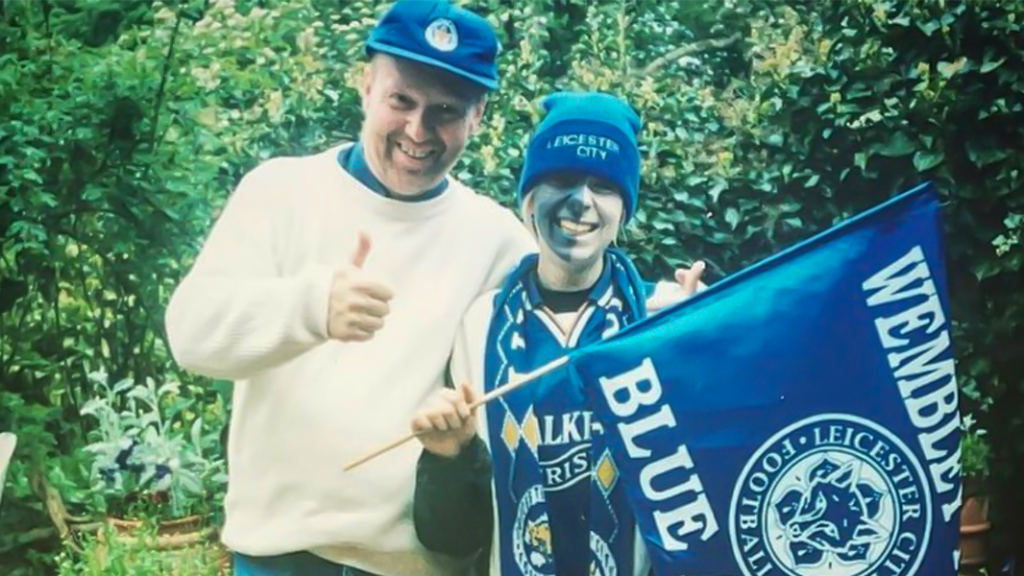
Drive to succeed
As a family collective, we experienced great loss and tragedy over the years but I don’t remember us being able to identify, process or feel our emotions or honour the deep grief and sadness. We had a typically stoic, ‘crack on’ mentality that only fuelled my drive. This allowed me to distract myself from my own pain and focus on others, a dynamic that bled into all my relationships.
This ‘drive’ was my fuel for the rest of my life. It helped me achieve great success in my career. That is until it couldn’t.
Unhealed wounds
In 2017 I had my first self-confessed ‘breakdown’ and it is only recently that I have been able to accept and mention this out loud, as a recovering hyper-independent COA. I was living my ‘best life’ in others’ eyes, working out in New York City and living in Brooklyn. This is the thing…unhealed trauma doesn’t wait for the ‘perfect time’.
I simply couldn’t bear the weight anymore. My unhealed wounds ached and I couldn’t carry my armour and masks. My Self-worth was so dangerously attached to external validation, success and caring for others. It was my ‘dark night of the soul’ that changed my life.
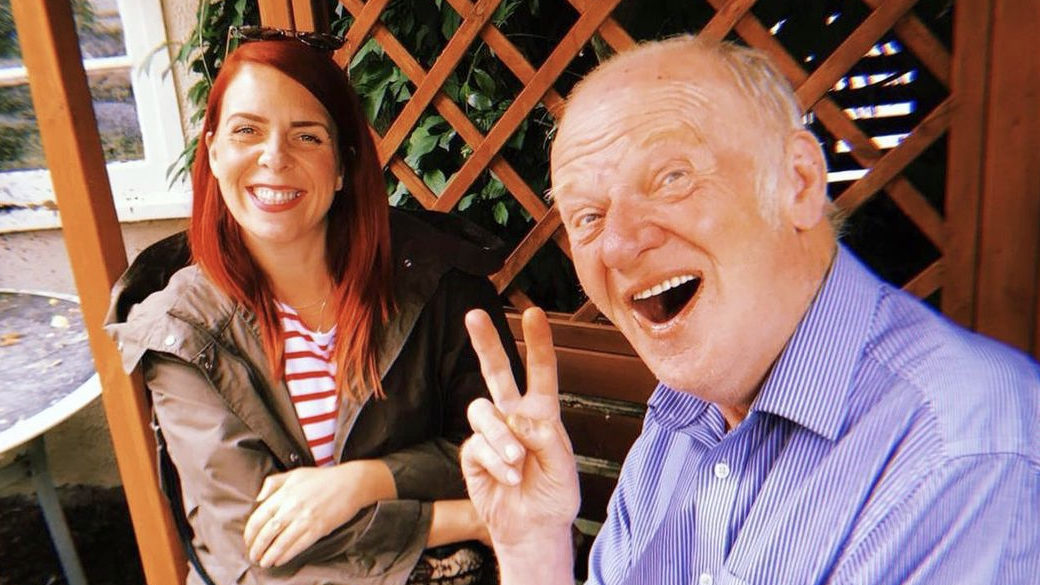
My healing journey
My Dad was a few years sober by this point. Naturally, I was so happy for him that he was able to let go of this toxic vice and start to heal his own wounds. Through community support and therapy, he was able to release the shame, grief and secrets he had buried for years. This was his saviour. I know others have found their freedom through the 12-step programme and various other support networks. I know some weren’t so lucky.
The thing is, Dad’s new sobriety wasn’t the magic pill for my own holistic health. It didn’t suddenly take away my pain. His sobriety created the space for me to start looking at myself and my own addiction to rescuing people. To notice my addiction to chaos and unhealthy work ethics.
I was able to take the first steps in my co-dependency healing journey that would change my life forever. Through the help of holistic life coaches, mentors, peer support, empowerment groups and IFS therapy, I have been able to prioritise my healing and train in the modalities that helped me and my growth beyond words. I have been able to put needs first and implement boundaries with my family as I heal.
In March 2021, I said goodbye to the corporate world to launch my own holistic coaching business. I am fortunate that I have been able to mould work around my healing, highly sensitive nervous system and keep my growth and self-care at the forefront.
My rescuer part is no longer in the driving seat, and I allow others to find their own empowering path. I am building my emotional literacy and creating spaces to feel all of my wonderful emotions. I am finding ways to self-soothe and heal the energetic wounds of my past.
We deserve support
You may be reading this and resonating with my story or parts of it. You may be resonating with how you or others are at work. I see you.
As ACoAs, yes we are bloomin’ brilliant in a crisis and can get through the most stressful workloads, but the question is; what is behind my drive? Is it helpful or harmful for my holistic health? What is the next best step to start healing from the effects of being the child of an alcoholic?
We deserve support. We don’t need to do this alone.
Jess Frost
‘Being a COA in the workplace’ was published during Alcohol Awareness Week 2023, based on the theme ‘The cost of alcohol’.
What can workplaces do to help?
Read Zara Wright’s research into ACOA in the workplace.

























































































